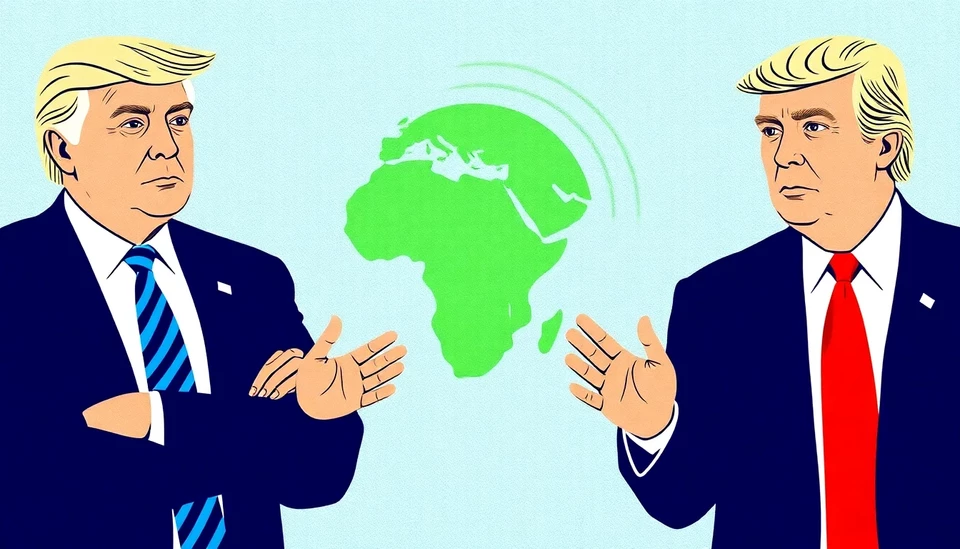
In a notable shift within political and economic spheres, Donald Trump has ramped up his campaign against Environmental, Social, and Governance (ESG) investment standards. His allegations contend that these practices are detrimental to American economic interests, particularly in their influence on funding opportunities for emerging markets that are increasingly relying on green financing.
The former president's stance is rooted in a belief that ESG-led investments unjustly prioritize environmental initiatives over what he argues should be America’s energy independence and economic growth. This claim has garnered attention as the Biden administration simultaneously pushes for a transition to cleaner energy sources and sustainability practices. Trump's criticisms are particularly aimed at how ESG metrics could potentially deny funding to fossil fuel robust projects in developing countries, claiming that it puts a stranglehold on financing essential for their growth.
Trump's narrative is gaining traction among certain segments of the Republican base, who fear that adhering to ESG guidelines may harm industries reliant on fossil fuels, an economic backbone for many emerging markets. Conversely, proponents of ESG argue that it is vital for ensuring long-term sustainability and can attract investment to countries striving for economic growth while addressing climate change.
This burgeoning conflict over ESG funding is likely to reshape investment strategies and policies both domestically and internationally. Investors may start reassessing their portfolios in light of Trump's criticisms, potentially leading to a significant recalibration of funding channels targeting green projects in emerging markets. As countries seek to develop sustainably, the balance between financial aid and adherence to ESG mandates may become increasingly fraught.
The potential fallout could be substantial. Emerging markets often lack the financial infrastructure that developed countries have at their disposal for funding clean energy projects. The increase in opposition towards ESG compliance could limit the flow of necessary investments into crucial green initiatives aimed at combatting climate change, potentially stalling progress in these vulnerable economic regions.
As Trump's campaign continues, it remains to be seen how this will influence both local and international policies related to green financing. Investors, policymakers, and businesses will need to navigate this shifting landscape carefully, weighing the implications of the former president’s assertions against the urgent need for sustainability in the face of global climate challenges.
If Trump solidifies this movement against ESG investments as part of his public messaging in the lead-up to future elections, the consequences for the future of green financing in emerging markets could be profound, complicating the intersection of politics and sustainable development.
Ultimately, this evolving discourse is likely to have long-lasting effects on how investment in emerging markets is conceptualized and executed, especially in terms of aligning with global sustainability goals. As political tensions continue to mount around these issues, stakeholders will have to remain vigilant in their efforts to champion the importance of financing that not only supports immediate economic growth but also prioritizes sustainable practices.
#Trump #ESG #GreenFunding #EmergingMarkets #ClimateChange #InvestmentStrategy #SustainableDevelopment
Author: Megan Clarke




